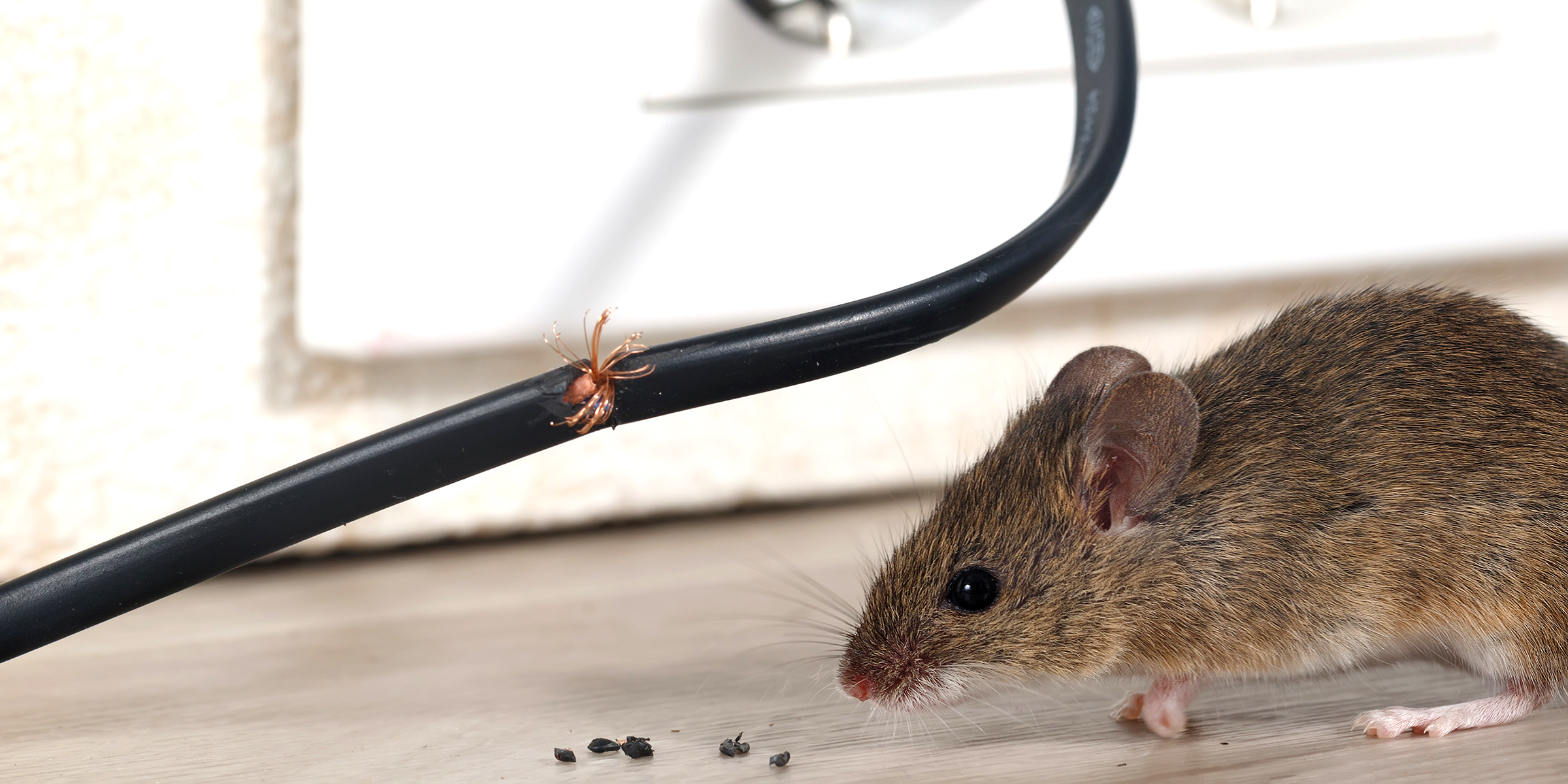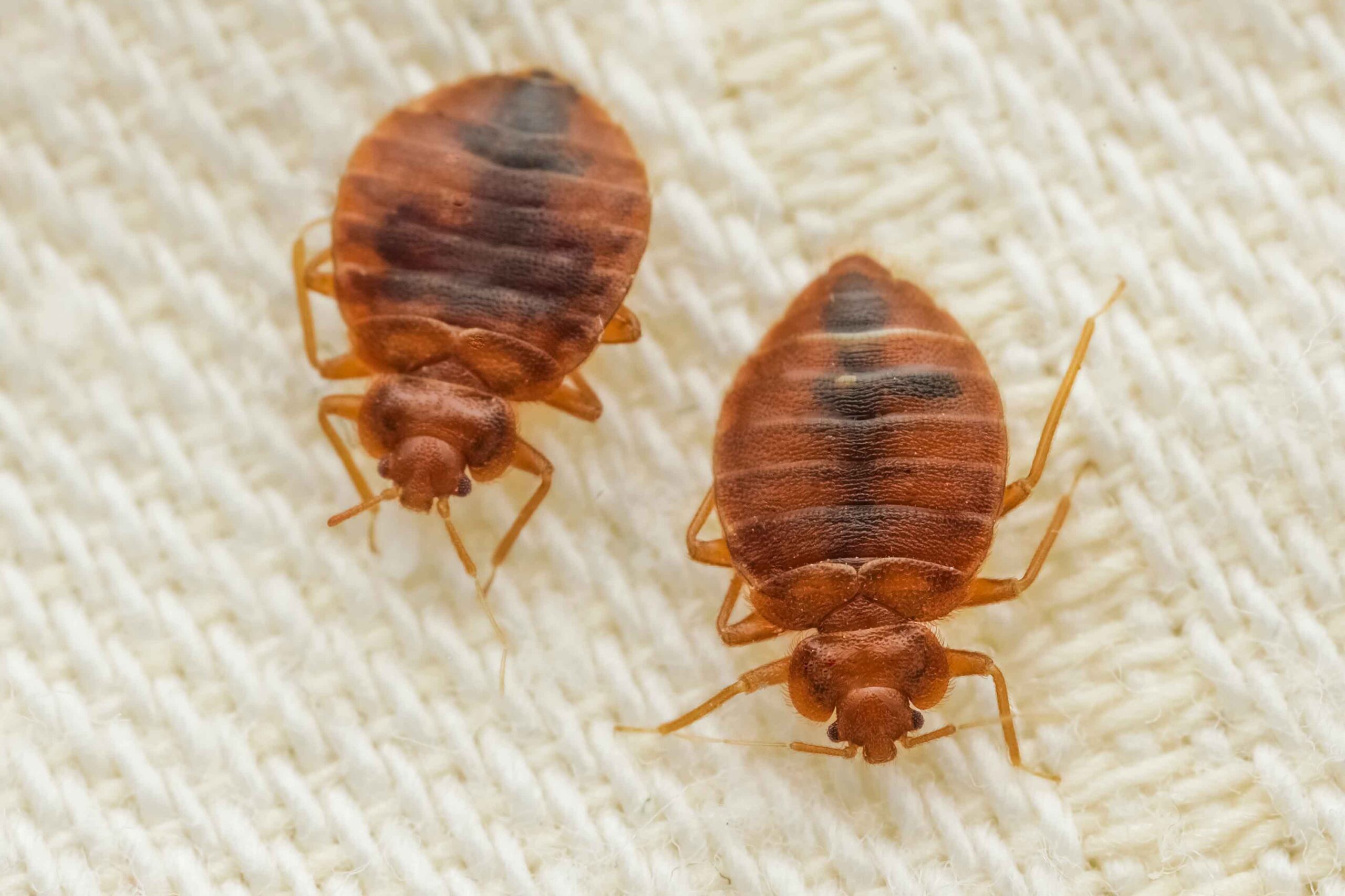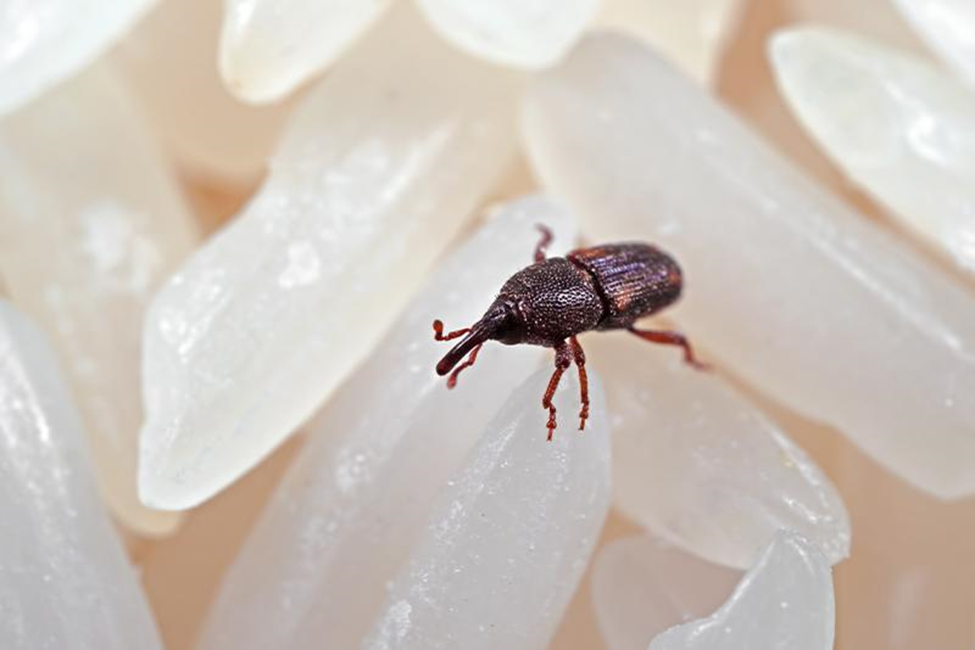If you’re seeking ways to get rid of rats, you’ve most likely observed them in your house. Pests like rats are among the most destructive in history. Except for the Arctic Circle and Antarctica, rats have a global distribution due to their elusive habit. Because they are intelligent, agile, and persistent, they have adapted quickly to different environments for many years.
Rats can transmit infections, causing specific disorders and destroying nearly any material through continual gnawing. They will gnaw on plastic, wood, aluminum, and even concrete, causing damage. Rats can be difficult to keep out of your home if you have a gnawing tendency.
Rat traps can help catch one or two rats, but they aren’t as effective for eradicating an infestation. Contact your local pest control company to get rid of them for good.
- SANITATION ON A ROUTINE BASIS
Rats will be drawn to your home if there is too much trash and garbage. Clean up after yourself, mow the yard, and take out the trash regularly. Keep trash cans well-covered and away from your home.
2. INSPECT IT CAREFULLY
Detailed examination of your home and the area around it is essential. The site where rats enter and leave the house should be carefully examined. Ensure your home is free of cracks, gaps, and defective drains. Consider hiring a professional if you’re having difficulty finding one.
3. FIX ANY OPENINGS.
Plastic, wood, and soft metal are all chewed by rats. Wire wool, strong metal, and concrete are all good options for filling in gaps. Windows, screens, and doors may also serve as entry points. To keep rats away, make sure to close all doors and windows.
4. RAT REPELLENTS ARE ALSO A GOOD IDEA.
Food and shelter are found by rats using their sense of smell. This implies that you can treat holes with natural repellents like crushed hot pepper or peppermint oil before plugging holes. The scent of pepper repulses rats. Thus, it will keep them at bay. White vinegar, ammonia, and citronella oil are more options.
5. APPLY BAITS AND TRAPS
Rat traps and baits are excellent methods of rat control. Rats are wary and will avoid baits that appear to be suspicious. Understanding rat behavior will help you determine how to make the most of traps. Baits and traps can be used independently or in combination. By strategically placing bait stations, pests are enticed to ingest it, slowly killing them, while traps trap them in one place, ending the problem.




